One of the inevitable realities of life is that there may come a time that we are unable to think, act, or make decisions for ourselves. In these cases, we need someone we trust to act on our behalf. In other cases, even if we are capable, we find that our actions have much more power and force when we work in concert with someone who we trust and who shares our values, goals, or vision.
As with most concepts, there is legalese to describe this type of relationship – one formally recognized by the law, and founded in absolute trust, equity, vulnerability, and authority: a fiduciary relationship. As such, A fiduciary relationship exist in a variety of contexts, from business partnerships to healthcare power of attorneys/agents, financial attorney-in-fact,, guardianship situations, and legal transactions.
But what, exactly, is the meaning behind this legalese? In the paragraphs that follow, we will break this down.
What is a “Fiduciary?”
To understand the meaning and role of a fiduciary, it is helpful to start with a few common examples of this type of relationship before diving into the legal definition. Almost everyone has had experience with the following types of personal, legal, and business relationships:
· The executor of an estate – to the testator and heirs
· The trustee of a trust – to the trust beneficiaries
· A guardian an incompetent adult – to the ward (the incompetent person)
· A healthcare agent – to the principal (the person who needs assistance making serious medical decisions)
· An attorney – to clients
· A financial power of attorney/ attorney-in-fact – to the principal (the person who needs help making financial decisions)
· A financial advisor or broker – to clients
· Corporate board members – to each other
What these relationships share in common is a serious, abiding interest in the other’s well being and success, whether it be a legal, health-related, and/or a financial matter at stake. Fiduciaries are obligated to act in a trustworthy, honest, and self-forgetting manner on behalf of the other., Fiduciary relationships are considered the highest standard of care, and a fiduciary duty is both an ethical and legal duty. In other words, a fiduciary is a person in a position of trust.
What is the Role of a Fiduciary?
In all cases, a fiduciary is obligated to act in the best interest of the person or person to whom he or she owes the duty..
An attorney has a legal and ethical duty to make decisions in the best interest of her clients.
A guardian is obligated to act in the best interest of his ward.
A healthcare agent is legally bound to make decisions in the best interest of the principal.
An executor must act in accordance with the testator’s wishes and to the benefit of the heirs.
What Issues Can Arise in a Fiduciary Relationship?
Given the high stakes of the fiduciary’s powers, roles, and duties, problems can (and frequently do) arise. Often, fiduciaries may betray trust, make a self-interested decision, act illegally, or shirk their responsibilities.
Some common scenarios are:
· A Trustee misappropriates funds from trust, and/or fails to act in the best interest of the trust beneficiaries. embezzleslawyer embezzles money from a client’s trust account.
· An executor fails to distribute assets according to the testator’s wishes.
· A guardian abuses an incompetent adult, either physically or financially..
· A financial power of attorney/ attorney-in-fact offers self-interested advice in order to personally profit.
· A business partner steals from the organization.
What makes these types of actions so deplorable in the eyes of the law is the fiduciary’s elevated position: Because they were in such a sensitive position of trust, the breach is considered particularly egregious.
Litigating a Breach of Fiduciary Duty
When issues arise within a fiduciary relationship, litigation is a common course. However, while these cases may seem straightforward, they are often complex and nuanced.
The first question a fiduciary litigation attorney will ask is: Did a fiduciary relationship even exist? North Carolina Courts have stated that “a fiduciary relationship [is] one in which ‘there has been a special confidence reposed in one who in equity and good conscience is bound to act in good faith and with due regard to the interests of the one reposing confidence…, [and] ‘it extends to any possible case in which a fiduciary relationship exists in fact, and in which there is confidence reposed on one side, and resulting domination and influence on the other.’” Dalton v. Camp, 353 N.C. 647, 651, 548 S.E.2d 704, 707-708 (2001)(quoting Abbitt v. Gregory, 201 N.C. 577, 598, 160 S.E. 896, 906 (1931). While it may seem like this is a given, it isn’t. In some cases, the relationship is clearly proscribed, such as those implied by law, like a power of attorney or guardianship situation. However, in other cases, the issues become murkier. A fiduciary relationship can be created either by law (de jure), or in fact (de facto). In determining whether a de facto fiduciary relationship exists, an attorney must examine the particular facts and circumstances of a given case. Highland Paving Co. v. First Bank, 227 N.C. App. 36, 42, 742 S.E.2d 287, 292 (2013) (citation and quotation marks omitted).
Even if an attorney concludes that a fiduciary relationship did, in fact, exist, an adverse party will likely fight the issue and present conflicting evidence. Alternatively (or additionally), the other party may argue that even if a fiduciary relationship did exist, there was no breach. In other words, everyone acted properly and just as he or she should have.
No matter the situation, the person alleging the breach has the “burden of proof.” This means that he must establish a prima facie case of the existence of a fiduciary relationship, thereby a proving the existence of a fiduciary duty, and the breach of said duty. However, it is important to speak with an experienced fiduciary litigation attorney before attempting to build (or fight!) a case. Nuances apply and in some cases, the burden of proof may shift. It is important to understand each party’s obligations and responsibilities before diving into often contentious, expensive, and emotionally-taxing litigation.
Experienced Fiduciary Litigation Attorneys
FLG is a full-service litigation law firm focused exclusively on fiduciary relationships, from estates and trusts to incompetency and guardianship matters, powers of attorney, will caveats, and business disputes. We represent those accused of breaching their fiduciary duties as well as those alleging financial, physical, or emotional abuse in a sensitive relational context. In all cases, we seek creative and sensical solutions to resolve – rather than further inflame – conflict.
Reach out to us to learn more about how we help clients throughout North Carolina.
